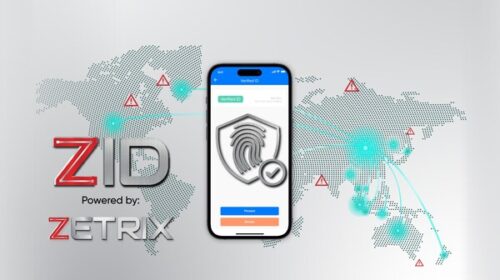Tech Firms Breathe a Sigh of Relief As SCOTUS Upholds Section 230
The Supreme Court of the United States has chosen not to review Section 230, saying the plaintiff’s case was weak.
Section 230 is the law that shields social media and online platforms from liability for what their users post. Gonzalez v. Google sought to challenge Section 230 and hold Google liable for a terrorist attack, claiming the company’s algorithms had played a part in radicalizing the terrorist by showing terrorist content.
SCOTUS declined to reexamine Section 230, saying the plaintiff’s case was answered by a similar case against Twitter, in which the court found Twitter was not liable for terrorists’ actions. SCOTUS also found the issue was covered by the precedent set by the Ninth Court’s previous ruling in the Gonzalez v. Google case.
We need not resolve either the viability of plaintiffs’ claims as a whole or whether plaintiffs should receive further leave to amend. Rather, we think it sufficient to acknowledge that much (if not all) of plaintiffs’ complaint seems to fail under either our decision in Twitter or the Ninth Circuit’s unchallenged holdings below. We therefore decline to address the application of §230 to a complaint that appears to state little, if any, plausible claim for relief. Instead, we vacate the judgment below and remand the case for the Ninth Circuit to consider plaintiffs’ complaint in light of our decision in Twitter.
Critics on both sides of the aisle have increasingly wanted to roll back some of the protections afforded by Section 230, but it appears tech companies can breathe a sigh of relief for now. Based on this ruling, if change is to come, it will likely come via the legislative branch.




